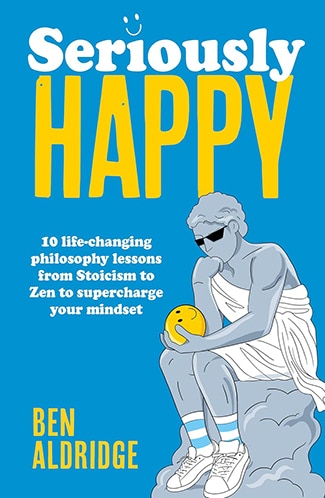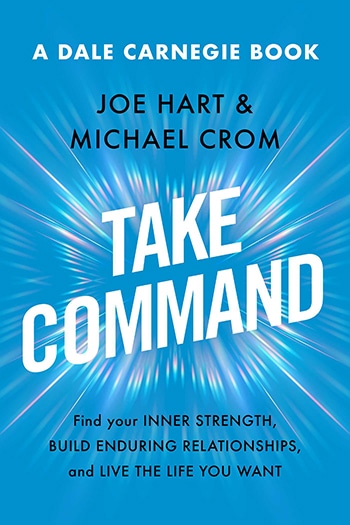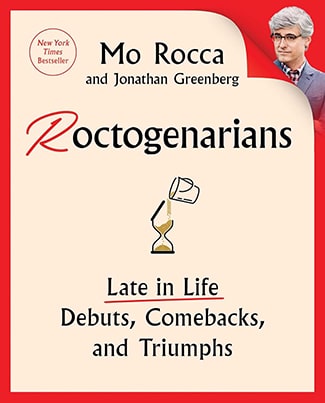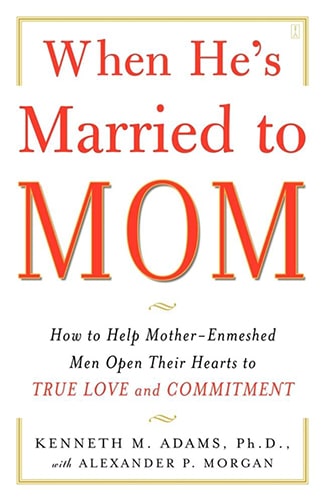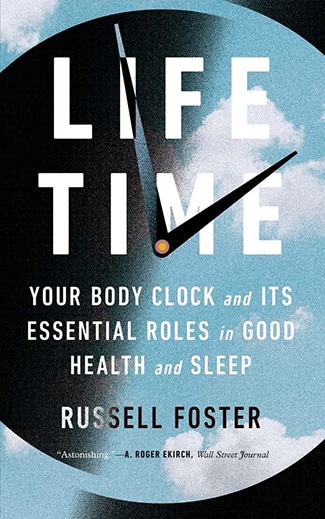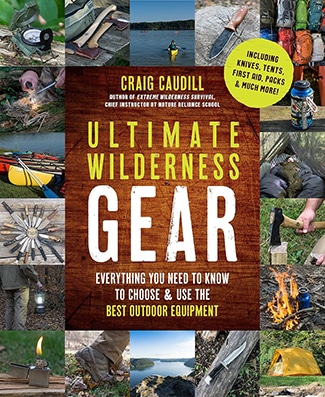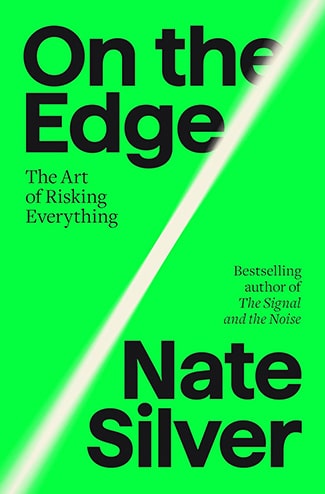Podcast Summary
Enmeshment and Relationships: Unhealthy mother-son attachment can lead to negative consequences in romantic relationships and compulsive behaviors like porn use. Recognizing and addressing enmeshment can promote healthy, independent relationships.
Unhealthy attachment between a mother and son, known as enmeshment, can lead to negative consequences in romantic relationships and even compulsive behaviors like porn use. Enmeshed individuals become too dependent and involved, prioritizing their mother's needs over their own autonomy. This issue can stem from childhood experiences and may be more common than people realize, even affecting famous historical figures. Enmeshment can significantly impact a man's ability to form healthy, independent relationships and can lead to feelings of guilt, obligation, and loyalty towards their mother. Understanding the signs of enmeshment and taking steps towards emancipation and independence is crucial for maintaining healthy, balanced relationships in all areas of life.
Mother-son enmeshment: Mothers' over-involvement in their sons' lives can hinder their ability to form healthy romantic relationships by creating feelings of guilt, obligation, and a lack of separateness, leading to passive and disempowered behavior.
Some men, despite their achievements and success, may have unhealthy and enmeshed relationships with their mothers. This closeness can manifest in feelings of guilt, obligation, anger, and frustration, leading to a lack of separateness and an inability to prioritize romantic relationships. These men may also struggle with commitment and decision-making, as they have been elevated into the "golden boy" position by their mothers. This can result in a passive and disempowered approach to life and relationships, as well as a tendency to placate and please others rather than prioritizing their own needs. Ultimately, it is the responsibility of the parent to let go and allow their adult children to form healthy, independent relationships.
Mother-son enmeshment: Men with enmeshed relationships with their mothers may struggle with intimacy and healthy boundaries due to feelings of obligation and guilt, leading to conflict and the 'disloyalty bind'.
Men with enmeshed relationships with their mothers often struggle with intimacy due to feelings of obligation and guilt. They may transfer these dynamics to their partners, leading to conflict and difficulty in discerning healthy boundaries. The concept of the "disloyalty bind" comes into play, as these men may feel torn between their loyalty to their mother and their desire for independence. The enmeshed relationship can manifest in either passive or aggressive behaviors, with the former often stemming from excessive burdens and responsibilities during childhood. To identify if one is mother and mesh, consider feelings of obligation, guilt, and putting others' needs above your own. Understanding and addressing these patterns can lead to healthier relationships and personal growth.
Mother-son enmeshment: Mother's neediness and dependency during childhood can lead to son's disempowerment and passive behavior in adult relationships, manifesting in various ways such as secret addictions or shutting down sexually with partners. Best defense for a man is to shut down sexually and rebel in other areas.
The enmeshment between a mother and son during childhood can lead to the son feeling disempowered and passive in his adult relationships. This can manifest in various ways, such as a secret porn addiction, gambling, or shutting down sexually with his committed partner. The mother's neediness and dependency can stem from various reasons, including unhappiness in her marriage or single parenting. The children most prone to getting caught in this web are those with high degrees of empathy and sensitivity. The best defense for a man against an intrusive mother is to shut himself down sexually, leading to a rebellious behavior in other areas of his life. This enmeshment can be unconscious on the mother's part, but in some cases, it can be deliberate. Overall, it's important for parents to be aware of their dependence on their children and not over-solicit their sensitivity, allowing them to grow into independent adults.
Mother-Son Relationships, Romantic Partners: Mother's influence in a son's life can lead to complex issues in his romantic relationships, including over-dependence, competition with father, and marginalization of partners
The enmeshed relationship between a mother and son can lead to complex issues in the son's adult life, particularly in his romantic relationships. This dynamic, often rooted in a mother's attempt to alleviate tension with her husband, can result in the son feeling overly dependent on his mother while having a competitive or distant relationship with his father. The mother's influence can prioritize her in the son's life, leaving his romantic partner feeling marginalized and frustrated. Common complaints from partners include a lack of equal status, unheard voices, and sexual issues. Men may also struggle to form long-term, committed relationships due to their mother's continued involvement. Establishing clear boundaries and recognizing the difference between carrying one's own feelings and those of a parent can help mitigate these challenges.
Emotional independence for men: Men who've experienced enmeshment with their mothers need to set boundaries, assert autonomy, and confront internal dynamics for healthy relationships. Emancipation doesn't mean cutting ties but adult conversations and role changes.
For men who have experienced enmeshment with their mothers, achieving emotional independence, or emancipation, is crucial for forming healthy, intimate relationships. This process involves setting boundaries, asserting one's autonomy, and confronting the internal dynamics of mother-son relationships. Men may repeat these patterns with romantic partners, either by picking someone similar to their mother, projecting their feelings onto them, or provoking their partners to behave like their mothers. Emancipation is not about cutting off family ties but rather having adult conversations and changing role assignments. It's essential to understand that true emancipation leads to increased availability for romantic partners and personal growth, while cutting off relationships can be a phobic response that doesn't address the root cause of the issue.
Emancipation and relationships: Emancipation is about asserting personal autonomy while maintaining healthy relationships, not cutting ties completely. Parents may initially resist, but can come to accept and celebrate child's independence. Emancipation is about deserving parents' blessing, not seeking approval or validation.
Emancipation is about asserting personal autonomy while maintaining healthy relationships with loved ones. It's not about cutting off ties completely, but rather establishing boundaries and differentiating oneself. Parents may initially resist, but with time, they can come to accept and even celebrate their child's independence. Emancipation is not about seeking approval or validation from parents, but rather deserving their blessing. The process involves establishing healthy relationships with both parents and partners, and encouraging independence in children. To learn more about this concept and how to apply it to your own relationships, check out the resources available on [Speaker's Name]'s website.
Toxic Relationships: Both men and women report feeling enmeshed or suffocated in toxic relationships, seeking new partners, and the importance of providing support for those dealing with toxic relationships
The dynamics of toxic relationships, whether experienced by men or women, are strikingly similar. The Art of Manliness podcast featured an insightful conversation with Ken Adams, a relationship coach, who shared his findings from qualitative research on the topic. Adams revealed that both men and women report feeling enmeshed or suffocated in their relationships, leading them to seek new partners. He also mentioned the importance of providing support for the partners and spouses of individuals in need of help. The Art of Manliness website offers a range of resources, including workshops and educational materials, to assist those dealing with toxic relationships. To learn more and access these resources, visit artofmanlies.com or Refiner Podcasts. Remember, if you find value in the podcast, please consider sharing it with others and leaving a review to help spread the word.

